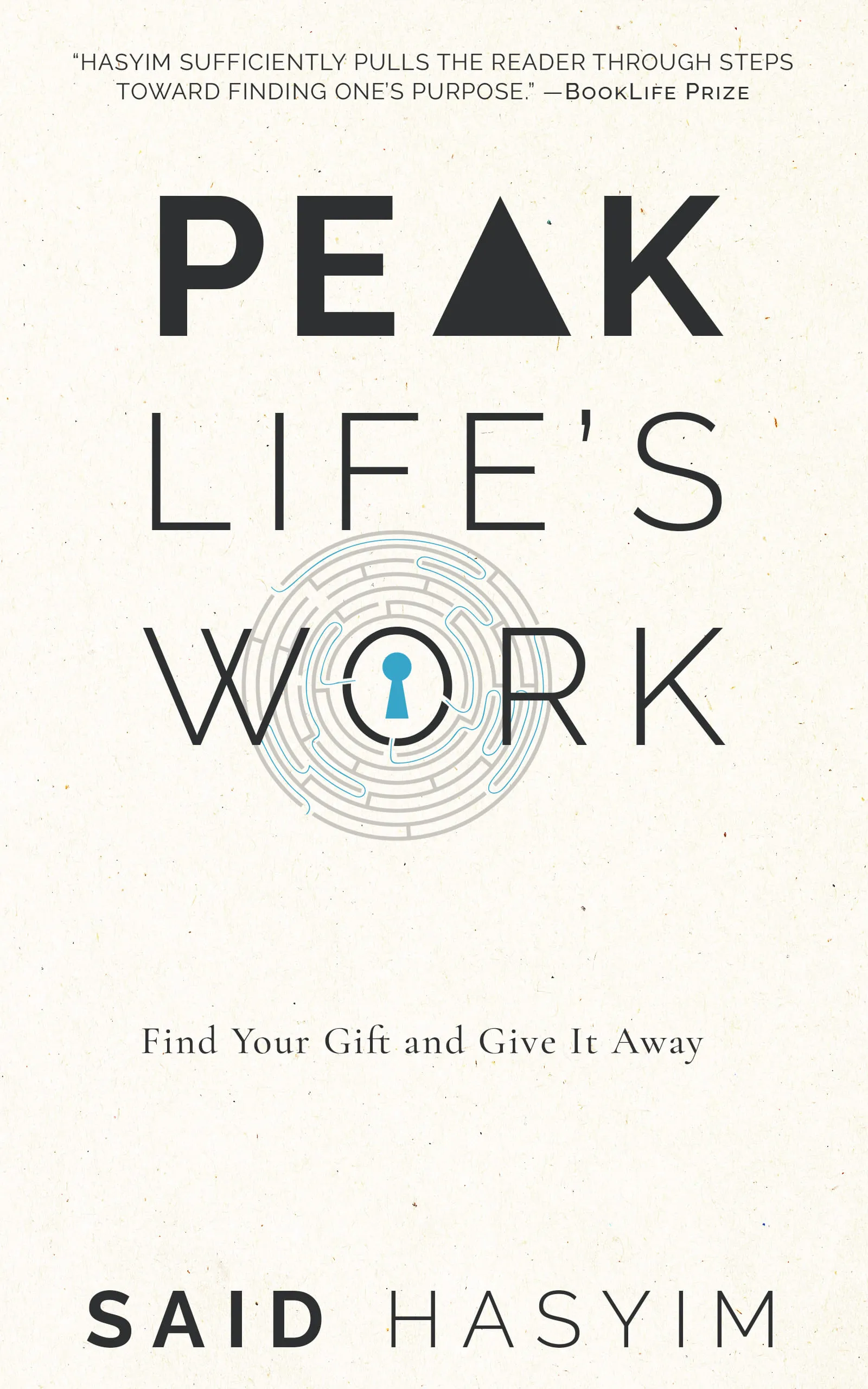The Power of Purpose: Why Gifts Matter
In a world that often feels overwhelmingly transactional, the significance of giving gifts endures as a profound human experience. While material possessions come and go, gifts transcend mere objects; they embody connection, intention, and a shared story between the giver and the receiver. This blog post will explore the transformative power of purposeful gifting, why it matters deeply in our lives, and how it can strengthen our relationships through understanding and empathy.
The Essence of Giving
At its core, a gift is more than just a physical item; it is a manifestation of thoughtfulness, intentionality, and an expression of affection or gratitude. Whether it’s a hand-knit scarf, a thoughtfully curated book, or a handmade piece of art, each gift has the potential to tell a story that resonates with meaning.
Giving, regardless of the occasion, serves as a bridge connecting us to others. It signifies that we value our relationships and appreciate the people in our lives. Gifts can symbolize shared memories, dreams, and aspirations. For example, a family heirloom passed down through generations carries not only material value but also a rich history of love and legacy.
The Psychology of Gifting
Many studies indicate that the act of giving can evoke emotional wellbeing in both the giver and the receiver. When we give gifts, our brains release dopamine—the "feel-good" hormone—which creates a sense of happiness. This act of generosity encourages not just a momentary joy but fosters a lasting positive psychological impact.
Moreover, gifting can serve as a catalyst for deeper connections. It encourages individuals to think about the preferences, needs, and desires of others, heightening our capacity for empathy. The more we understand those we care about, the stronger our bonds become. In doing so, we cultivate relationships that are not only meaningful but resilient.
The Symbolism Behind Gifts
Gifts often carry symbolic meaning that differs depending on the context of the relationship and the occasion. For instance:
Celebrations: During milestone events such as weddings, anniversaries, and birthdays, gifts serve as declarations of love and celebration of achievements and life’s turning points.
Comfort: In times of loss or hardship, gifts can symbolize support and solidarity. A carefully chosen care package or comforting note can lift spirits and show that someone cares.
Recognition: Whether a promotion at work or a personal achievement, acknowledging milestones with gifts can validate and motivate individuals.
Understanding the symbolic nature of gifts can assist in their selection, ensuring that they align with the sentiments we wish to convey.
The Cultural Context of Gifting
Across cultures, the act of gifting manifests in diverse rituals and traditions. From the Chinese practice of giving red envelopes during Lunar New Year to the Western custom of exchanging presents during the holiday season, gifts serve not only to express individual feelings but also to reinforce cultural values.
In many cultures, the act of giving itself is entwined with deeper philosophical meanings—symbolizing respect, mutual support, and maintaining social bonds. This cross-cultural perspective on gifting showcases its universality and timelessness, highlighting our intrinsic need for connection.
The Gift of Presence
Importantly, the most invaluable gifts don’t necessarily come wrapped in boxes. The gift of presence—being fully available for someone—can sometimes be the most meaningful offering we can make. In a world buzzing with distractions, dedicating quality time to loved ones is a testament to our commitment and love.
Listening to someone’s stories, offering our help, or simply spending time together can profoundly impact relationships, proving that while physical gifts are wonderful, the essence of giving lies in our attentiveness and presence.
The Ripple Effect of Giving
When we give gifts, we not only fulfill a momentary desire but also contribute to a larger ripple effect of kindness and goodwill. An act of generosity can inspire others to pay it forward, creating a chain reaction of positivity. This is particularly powerful in community settings, where collective acts of giving can uplift entire neighborhoods and foster a spirit of collaboration.
Moreover, in a professional context, fostering a culture of gifting and appreciation can lead to increased morale, motivation, and a sense of belonging among team members. Recognizing efforts through simple gestures, such as thank-you notes or small tokens, reinforces a positive work environment.
Conclusion: Embracing the Power of Purposeful Giving
Gifting, when infused with purpose and thoughtfulness, has the potential to enrich our lives and the lives of those around us. It serves as a beacon of connection amid the busyness of our everyday experiences and can transform relationships into deeper, more meaningful connections.
As we navigate through life’s challenges and celebrations, let us remember the power of gifts—not simply as physical items, but as vessels of love, recognition, and a reminder of our shared humanity. Next time you consider giving a gift, think about its purpose and the emotions you wish to convey. The act of giving is truly profound, a testament to the beauty of our connections, and an enduring expression of joy.
Start Your Transformative Journey
Peak Life's Work, a transformative book to unlocking your true potential and finding purpose. Learn science-backed strategies from top performers to enhance skills and creativity. Gain insights into success and failure while uncovering your personal talents. With practical steps for self-discovery and nurturing talent, this book equips you for a fulfilling journey toward your greatest work.
